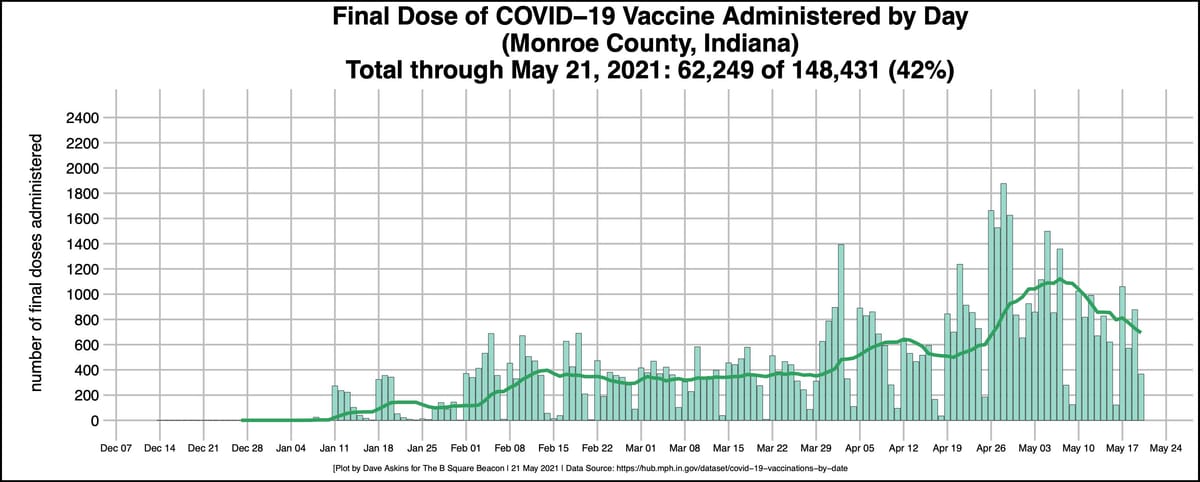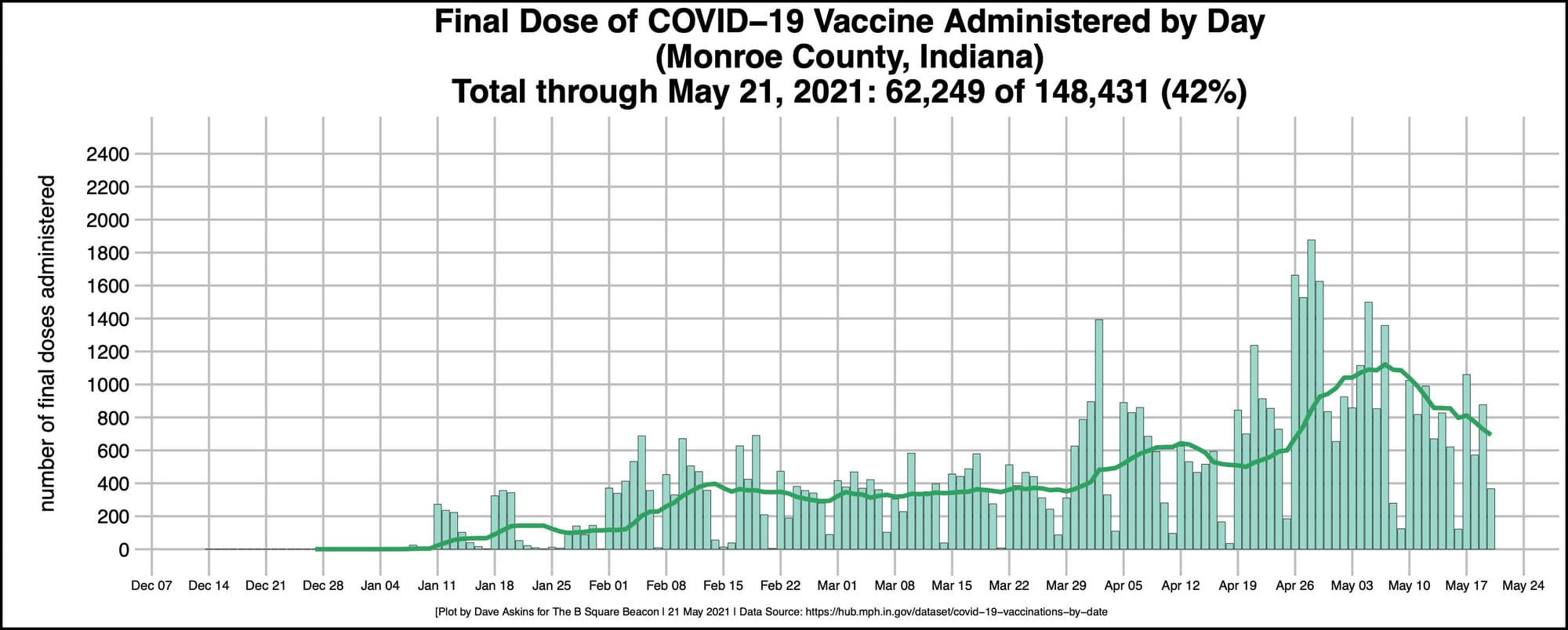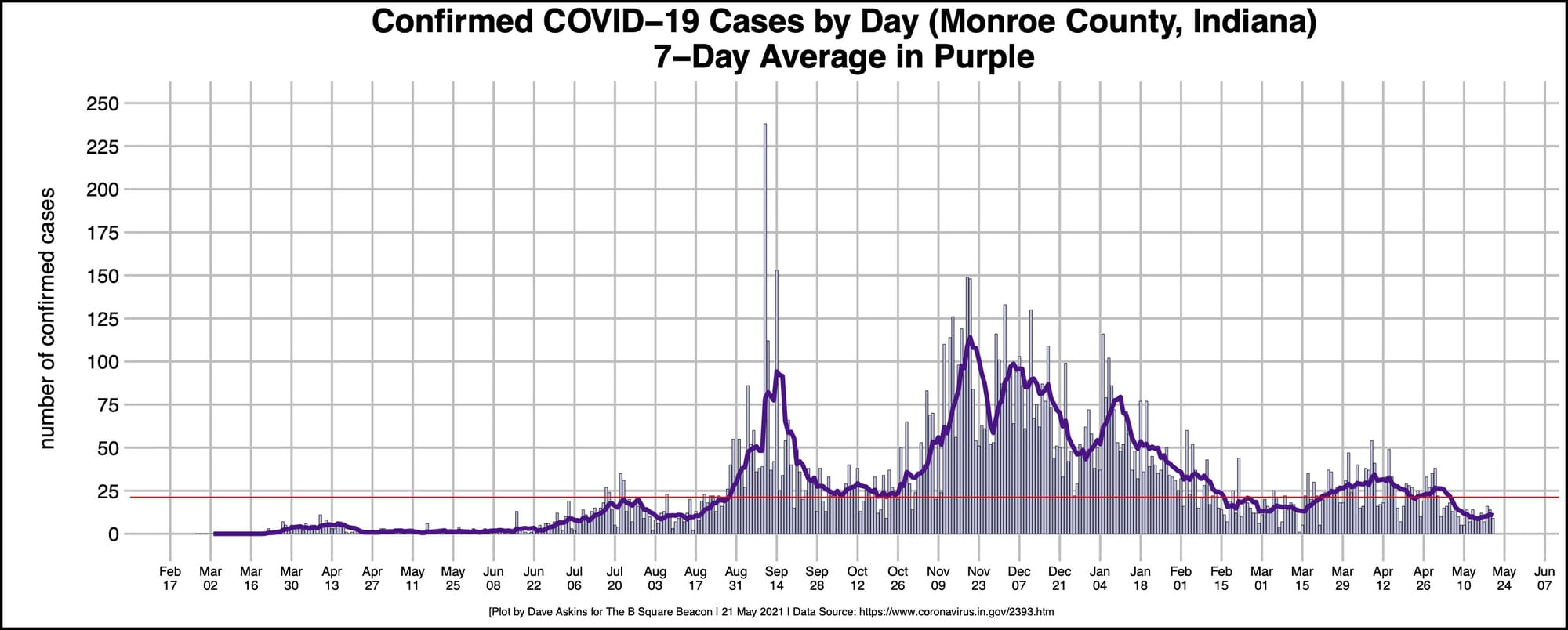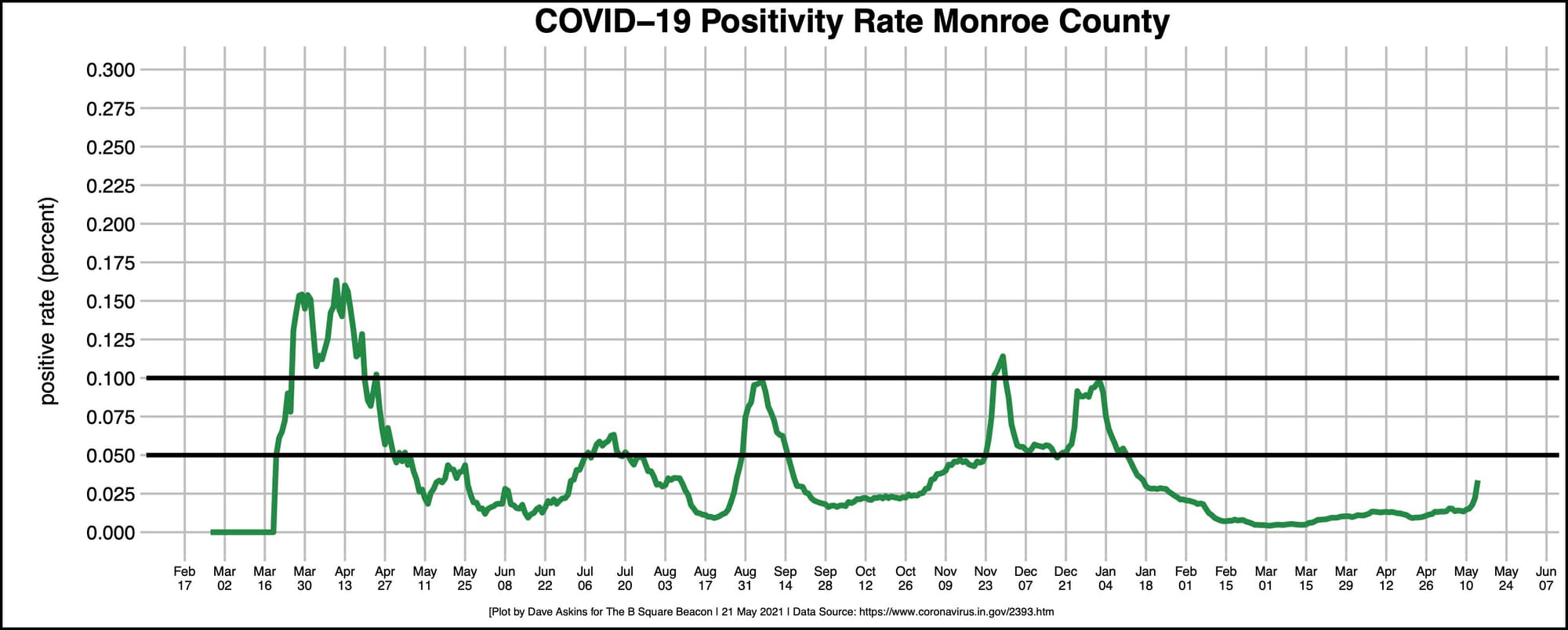Indiana University says: Get vaxxed or get axed




All Indiana University students, faculty, and staff have to get vaccinated against the COVID-19 virus to start the fall semester.
Some kind of decision on the topic, which was announced Friday morning, had been expected.
Two weeks ago, during Friday’s weekly press conference of local leaders on COVID-19 response, IU’s vice president for strategic partnerships Kirk White fielded a question about a possible vaccine requirement.
White said: “We don’t have a mandatory requirement, yet. But I would say that our medical response team has been studying that closely over the past couple of months.”
This Friday, White said there would be an exemption process from the requirement, stressing that it would very narrow. White said, “I’m going to have to say that that’s going to be a really tight exemption process. It will be very limited religious reasons or medical reasons.” Compared to the university’s flu vaccination exemptions, it would be more restrictive, White said.
More details about the exemption process will be posted June 15, White said.
Except for the few who are exempted, White said, the university will be taking a firm stand: “ If you are not vaccinated as a student, your registration for classes will be canceled—you will not have access to normal campus operations, be it your residence hall or classes, or anything else.”
About non-student affiliates, White added, “This will become a condition of employment—having your vaccine series completed.”
Based on White’s response to a reporter’s question during the news conference, the university is prepared to sever its relationship with tenured professors over the vaccination question.
White said, “We’re going to give our employees plenty of good time to get this requirement taken care of. We hope that they’ll do that. And we won’t get to this type of situation. But the announcement this morning is very clear that employment at the university is going to be contingent on having this done.”
The vaccine mandate means that Monroe County’s confirmed case count is unlikely to see a big increase in the fall, like it did last year, when students returned to campus.
For Monroe County, it could mean trading a lower case count for a higher positivity rate. Cate counts per capita and positivity rate are the two key metrics the state computes for counties to help them assess how prevalent COVID-19 is in the local community.
Indiana University’s massive mitigation testing program has kept the Monroe County’s positivity rate comparatively low. Mitigation testing, of randomly selected people, by its nature will show a lower positivity rate than testing of those who decide they want a test for some reason.
As its affiliates get vaccinated, IU removes them from the mitigation testing pool.
The declining numbers of mitigation tests done by the university is reflected by a gradual increase in the county’s positivity rate over the last couple of months. The dramatic drop in tests, after the departure of students for the summer, was mirrored by a sharp increase in the positivity rate.
Monroe County’s positivity rate was at a low of around 0.45 percent at the beginning of March, edged past 1 percent by the end of that month, vacillated around 1 percent through April, and by the end of April was heading steadily towards 1.5, which was hit on May 11.
Over the next four days Monroe County’s more than doubled, to 3.37 percent through May 14.
There’s a lag in the calculation of positivity rates, because the most recent week’s worth of results are considered preliminary.
According to White, Indiana University’s vaccine mandate is consistent with the recent state law enacted by the state legislature, which says “the state or a local unit” can’t require an “immunization passport.” [HB 1405]
“By requiring the vaccine for all of the IU community we believe that we will achieve a level of safety that does not require such a ‘passport’,” White said.
White added, “Our view is that state law in Indiana already requires that all public university students must be vaccinated against diphtheria, tetanus, measles, mumps, rubella, and meningitis, and allows universities to require other vaccines as deemed necessary.”
At Friday’s press conference, Bloomington’s mayor, John Hamilton, said he thinks the city could, as an employer, require that its employees be vaccinated and would not thereby violate HB 1405.
The city of Bloomington is not requiring vaccination for its employees. It has an incentive program, instead. On Friday Hamilton reported that 407 city employees, a bit over half, have applied for the $100 “wellness benefit” for being fully vaccinated.




Comments ()